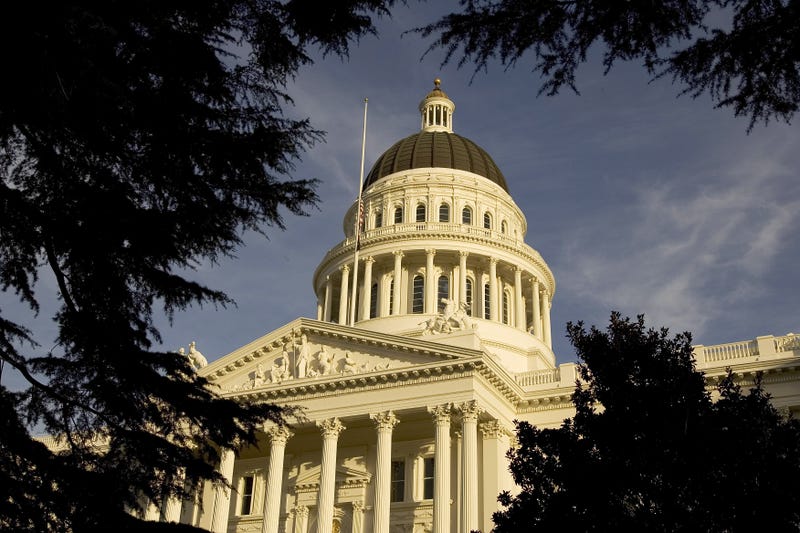
A proposed California bill that would've mandated all public and private sector employees to verify their COVID-19 vaccination status or submit to weekly testing and required proof of vaccination for customers at indoor businesses throughout the state won’t be introduced this year.
Assemblymember Buffy Wicks, an Oakland Democrat who drafted the legislation, announced on Monday that the bill won't move forward in the State Legislature until 2022.
The last day for any bill to be passed is Sept. 10, and it would've needed a two-thirds majority in the State Senate and Assembly in order to take immediate effect.
Wicks said the sponsors of the bill, which include San Francisco Sen. Scott Wiener and Silicon Valley Assemblymember Evan Low have made "significant progress on the bill."
"I’m proud of the framework we’ve created for this bill, and of the collaboration that’s taken place among such a diverse group of stakeholders," Wicks said in a statement. "I’m committed to working with my colleagues and key stakeholders to make this the strongest bill possible headed into 2022."
The California gubernatorial recall election is four days after the legislature convenes for the last time this year, and many of the Republican frontrunners to replace Gov. Gavin Newsom in the event he is recalled have said they oppose local and state vaccine mandates. A two-thirds majority is needed in both houses in order to override a veto.
Labor and business leaders indicated support for Wicks' proposal in statements released alongside her announcement, but those revealed the differences legislators could have to navigate in submitting a bill next year.
CalChamber Executive Vice President Jennifer Barrera said the state chamber of commerce would “work with policymakers...on proposals that increase vaccinations and help stop the spread of the virus without unnecessarily raising costs or increasing litigation against employers.”
Tia Orr, Government Relations Director of SEIU California, said increasing vaccinations is the labor organization’s goal, and it wants to work with Wicks “to accomplish this goal together and [ensure] that workers have a say in implementation.”
Two-thirds of eligible Californians are fully vaccinated against COVID-19, according to the state's latest data.
Children younger than 12 are not yet eligible to receive either of the two vaccines approved under emergency authorization by the U.S. Food and Drug Administration, while the Pfizer vaccine is only fully approved for anyone over the age of 16.

